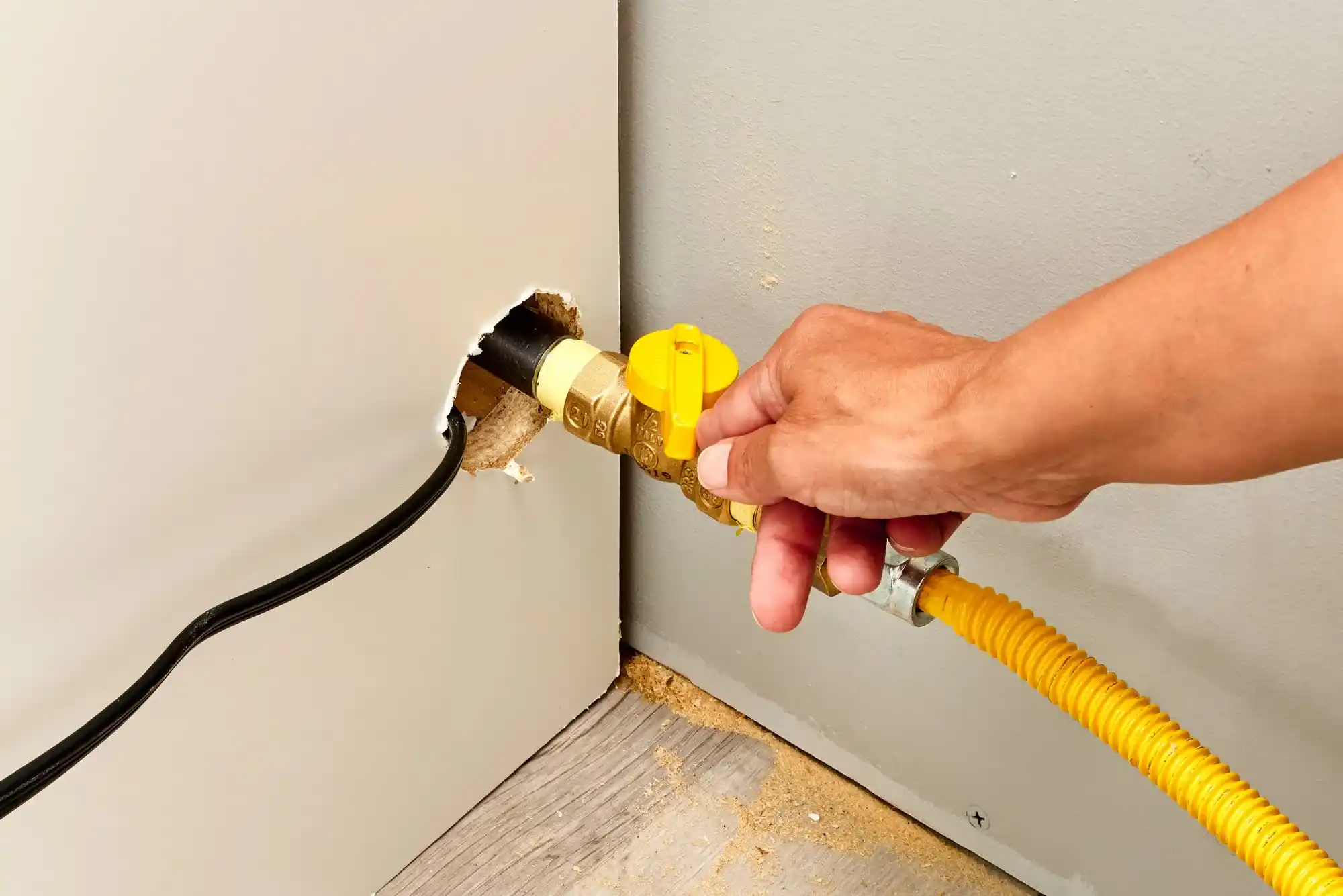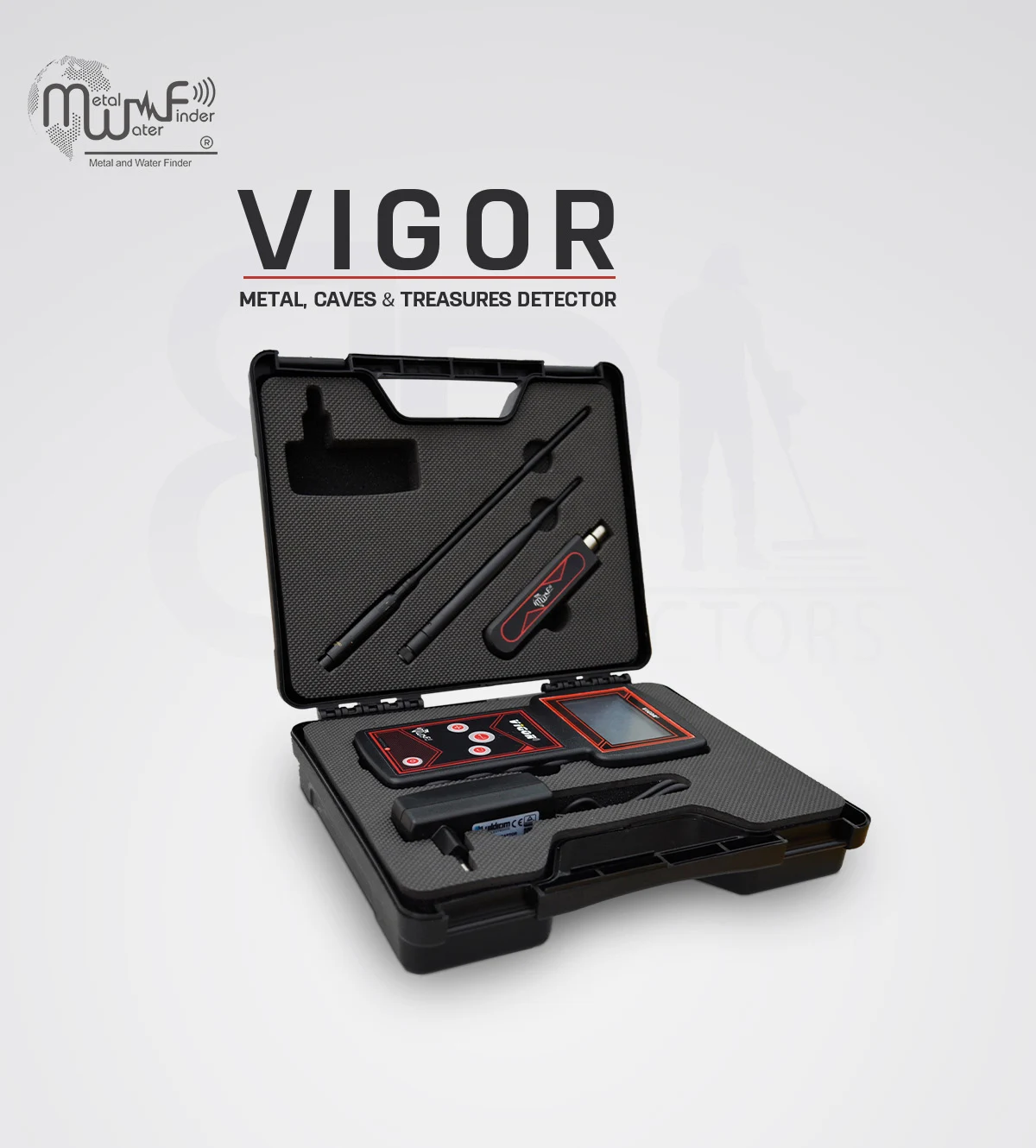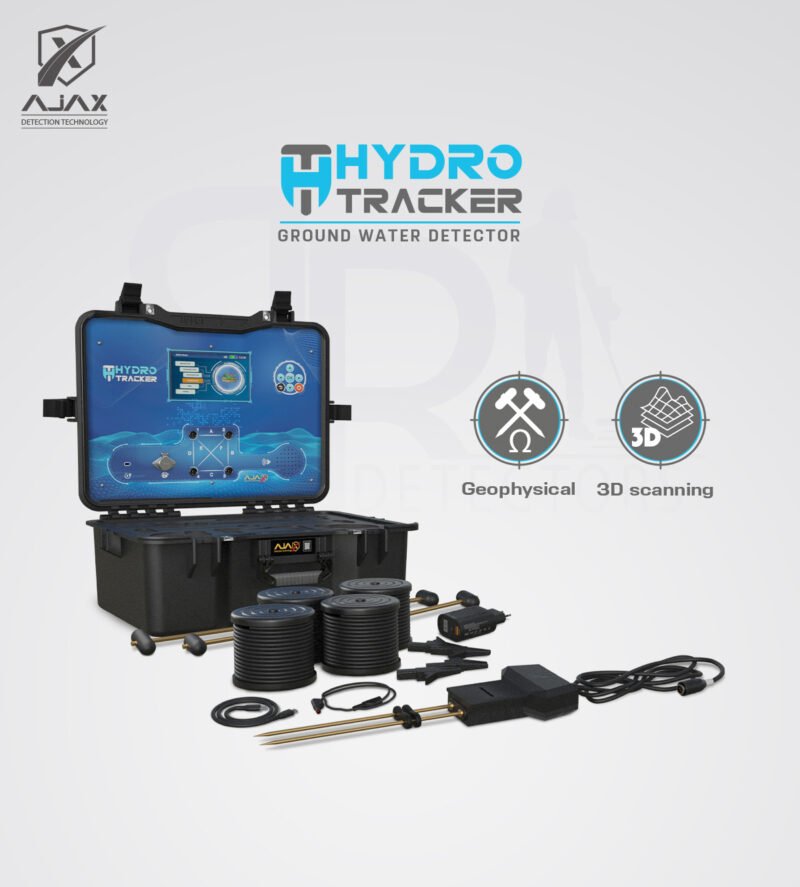When it comes to traveling with pets, especially in a car, it’s crucial to consider the requirements for ensuring their safety and wellbeing. For pet owners traveling to or within Canada, there are certain rules and guidelines to follow, including whether pets microchipped by car are a mandatory requirement. This guide will explore the various regulations and best practices to help you understand what is needed when traveling with your pet in Canada.
What Are the Pet Travel Regulations in Canada?
Canada is a pet-friendly country, but it has strict regulations for pets traveling within or entering the country. The rules are mainly enforced by the Canadian Food Inspection Agency (CFIA), and they aim to prevent the spread of diseases and ensure animal safety. Pet owners planning to travel with their pets by car or other means should familiarize themselves with the specific requirements.
In most cases, traveling with pets within Canada is straightforward. However, pet owners need to ensure they follow health and safety guidelines, including microchipping, which plays a key role in pet identification. While pets microchipped by car is not a legal requirement in Canada, it is highly recommended to have your pet microchipped for identification purposes. Having a microchip ensures that, in case your pet gets lost, they can be easily identified and reunited with you.
Why Should Your Pet Be Microchipped When Traveling?

Microchipping your pet is a crucial step when preparing to travel with them. While it is not mandatory for traveling by car in Canada, it’s a wise decision to microchip your pet for the following reasons:
- Enhanced Safety: A microchip helps reunite lost pets with their owners, which is particularly helpful when traveling to new areas.
- Identification: If your pet gets lost, a microchip provides a permanent form of identification. Unlike collars and tags, microchips can’t be removed or lost.
- Legal Requirement for International Travel: While Canada doesn’t require microchipping for domestic travel by car, international travel may have stricter rules. For example, certain countries do require pets to be microchipped.
How Does the Microchip Work for Pets?
A pet microchip is a small, rice-sized device implanted under your pet’s skin, typically between the shoulder blades. It contains a unique identification number that can be scanned by a microchip reader. The chip itself doesn’t have a power source but is activated when it passes through a scanner.
- Permanent Identification: The chip remains inside your pet for life, providing permanent identification.
- No GPS Tracking: It’s important to note that a microchip does not function as a GPS device. It only helps identify the pet once found.
- Quick and Simple Procedure: The process of getting your pet microchipped is quick, and it’s similar to a regular vaccination injection.
Are There Exceptions for Microchipping in Canada?
Canada doesn’t specifically require pets microchipped by car for domestic travel, but it is an essential consideration if you’re traveling internationally or planning to cross provincial borders. Certain provinces or territories in Canada may have specific regulations for pet identification, especially for pets traveling long distances or across borders.
Some situations where microchipping may be required include:
- International Travel: Countries such as the United States, the European Union, and others require pets to be microchipped before entry.
- Adoption Centers and Shelters: If you are adopting a pet or planning to rehome one, microchipping may be a condition for the transfer of ownership.
What Are the Health and Safety Considerations When Traveling with Pets?
When traveling by car with your pet, there are several health and safety considerations that every pet owner should be aware of. Whether your pet is microchipped or not, ensuring their wellbeing during the trip is vital. Here are some tips:
- Prepare Your Pet for the Journey: Ensure your pet is comfortable with long car rides by taking them on short trips before the actual journey.
- Pet Seat Belts or Travel Crates: For safety, it’s important to secure your pet in the car using a pet seat belt harness or travel crate.
- Hydration and Food: Bring along water and food for your pet during the trip, and make regular stops to allow them to stretch their legs.
- Health Check: Have your vet check your pet’s health before the trip to ensure they are fit for travel, especially if the journey will be long.
Common Misconceptions About Microchipping Pets
Many pet owners have questions about the microchipping process, and several misconceptions circulate about what microchipping entails. Let’s address some common myths:
- Microchips are a GPS Tracker: Microchips do not track the location of your pet. They only provide identification if your pet is found and scanned by a reader.
- Microchipping is Painful for Pets: The procedure is relatively painless and similar to a regular vaccination injection.
- Microchipping is Only for International Travel: While microchipping is required for international travel, it’s still recommended for domestic travel, as it provides a permanent means of identification.
Benefits of Microchipping Your Pet While Traveling

While pets microchipped by car may not be required by law in Canada, the benefits of doing so far outweigh the need for specific legal mandates. These benefits include:
- Peace of Mind: Knowing your pet has a permanent identification chip in place can provide peace of mind in case they go missing.
- Increased Recovery Rates: Microchipped pets have a higher recovery rate when they are lost and later found, especially in unfamiliar areas.
- Compliance with International Laws: If you’re traveling across borders, having your pet microchipped will ensure compliance with international pet travel regulations.
Table: Benefits of Microchipping Your Pet
| Benefit | Description |
|---|---|
| Permanent Identification | A microchip provides a permanent ID for your pet that can’t be lost or removed. |
| Reunion Guarantee | Lost pets with microchips are more likely to be reunited with their owners. |
| Quick and Painless Procedure | Microchipping is a quick, simple, and pain-free procedure for your pet. |
| Compliance with International Regulations | For international travel, microchipping is often a requirement. |
| Peace of Mind | Knowing your pet has an identification chip can provide peace of mind during your travels. |
Frequently Asked Questions (FAQs)
1. Does Canada require pets to be microchipped?
No, microchipping is not a requirement for traveling within Canada by car, but it is highly recommended for identification purposes.
2. Should I microchip my pet before traveling to Canada?
While it’s not mandatory, microchipping is a good idea to ensure your pet can be identified if lost. It is required for international travel.
3. How long does the microchip last?
A microchip lasts for the lifetime of your pet. It doesn’t require maintenance or battery changes.
4. Can I travel with my pet without microchipping?
Yes, you can travel within Canada without a microchip, but it’s not advisable. Microchips provide a reliable form of identification in case of emergencies.
5. Is there any special procedure for microchipping pets in Canada?
The procedure for microchipping pets is the same as in most countries. You can have your pet microchipped at your local veterinarian’s office.
6. How does microchipping help if my pet gets lost?
If your pet is found, a scanner can detect the microchip, allowing animal shelters or veterinarians to contact you.
While pets microchipped by car is not a legal requirement for traveling within Canada, it is a practice that provides enhanced safety for your pet. By microchipping your pet, you ensure that they have a permanent form of identification, which can be invaluable if your pet gets lost. Consider microchipping as an essential part of your pet’s travel preparation, whether traveling domestically or internationally.








